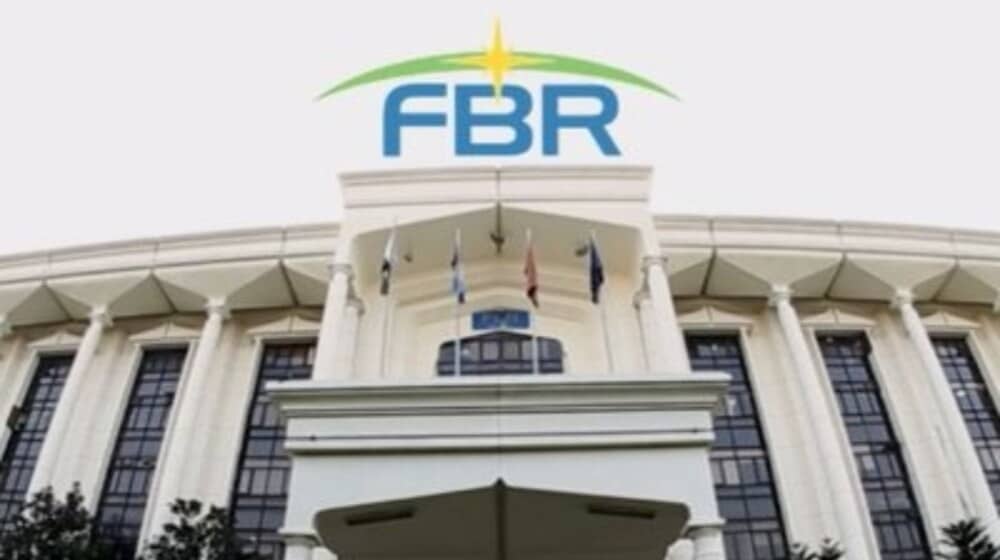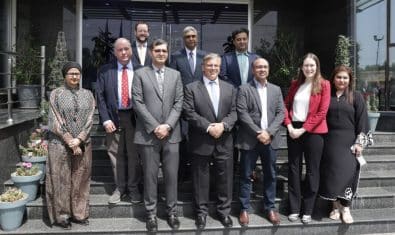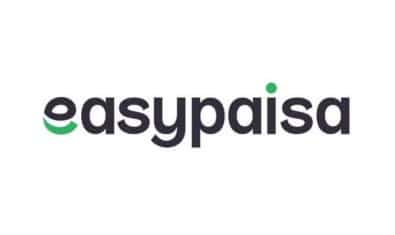The Federal Board of Revenue (FBR) has taken a major policy shift by engaging stakeholders during the implementation of different tax reform projects including broadening the tax base and facilitating compliance.
In this connection, the FBR has finalized a Stakeholder Engagement Plan (SEP) to engage stakeholders effectively during the life of various ongoing tax reform projects.
This Stakeholder Engagement Plan (SEP) has been developed in accordance with the World Bank’s Environment and Social Framework (ESF), specifically adhering to Environment and Social Standard ESS 10, which focuses on “Stakeholder Engagement and Information Disclosure”. Under this Standard, the implementing agency i.e. FBR, is obligated to provide stakeholders with information that is timely, relevant, easily understandable, and accessible. Furthermore, the FBR must engage with stakeholders in an appropriate manner that is free of manipulation, interference, coercion, discrimination, and intimidation
The FBR’s plan stated that the FBR is undertaking the Pakistan Raises Revenue Project (PRRP) to upgrade FBR’s Information and Communication Technology (ICT) across Pakistan. The objective of the Project is to contribute to a sustainable increase in domestic revenue by broadening the tax base and facilitating compliance.
The project’s classification for social risks is moderate owing to the risks of exclusion and labor-related risks. Environmental risks are classified as moderate pointing to the risks associated with e-waste management. Consequently, the overall environmental and social risks classification of the project is ‘moderate’. PRRP is subdivided into two components.
The Component-1 includes the simplification of the tax administration framework to make procedures, more transparent and intelligible to taxpayers and tax administration staff. It also focuses on the implementation of risk-based inspections and Post-Clearance Audits (PCA) in Customs, the expansion of e-services for taxpayers and traders, and the institutional development of FBR for efficiency and accountability.
The Component-2 of PRRP targets the replacement of outdated ICT equipment from FBR offices across Pakistan. The intervention includes upgrading the high-capacity data warehouse to support big data analysis and integration of databases along with the replacement of equipment that has reached its useful life in the FBR’s data centers.
The ICT equipment to be replaced and provided through PRRP will include computers, printers, copiers, and scanners as well as networking components such as network switches, routers, and servers. Component 2 also has the provision of vehicle/container scanners under the Pakistan Customs Automated Entry-Exit System (AEES) to be installed at seaports and airports.
Following the World Bank ESSs and Environmental and Social Commitment Plan (ESCP), and ESS10, as well as national and provincial laws and Good International Industrial Practices (GIIP), the Stakeholder Engagement Plan (SEP) is being finalized to engage stakeholders effectively during the life of the project.
The scope of PRRP activities will be confined to existing office buildings without disturbing the natural habitats i.e., no new land acquisition and no new construction will be involved in PRRP. Therefore, the area of influence of this project is limited to the existing offices of FBR. Environmental and social conditions in FBR offices have been studied along with environmental and social baselines while keeping in view the PRRP’s influence on such parameters.
The FBR said that the tax accountants and consultants, who provide taxation services to the majority of the taxpayers while assisting them in filing their tax returns with the FBR, may also experience the impact as stakeholders in the process. In view of the project’s social impacts and to engage interested and affected parties effectively in the meaningful dialogue, PRRP has conducted the stakeholder identification to develop this SEP.
The stakeholder consultations held so far have been recorded and made part of this SEP while strategies have been included in this SEP for conducting consultations with the stakeholders yet not consulted. The feedback and recommendations vii received so far during such consultations have been recorded and necessary recommendations and actions included in this SEP.
The SEP provides methodologies for meaningful stakeholder consultations on a frequency that ensures interested parties and affected parties, including vulnerable groups, are onboard and well-informed about the project’s progress and outputs that may have social impacts. The SEP also provides guidelines for communications with the stakeholders and suggests strategies for information disclosure, the report added.






















